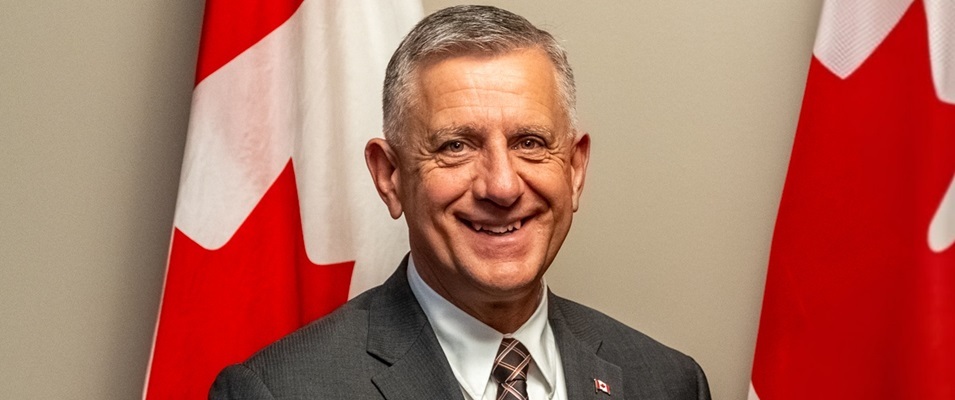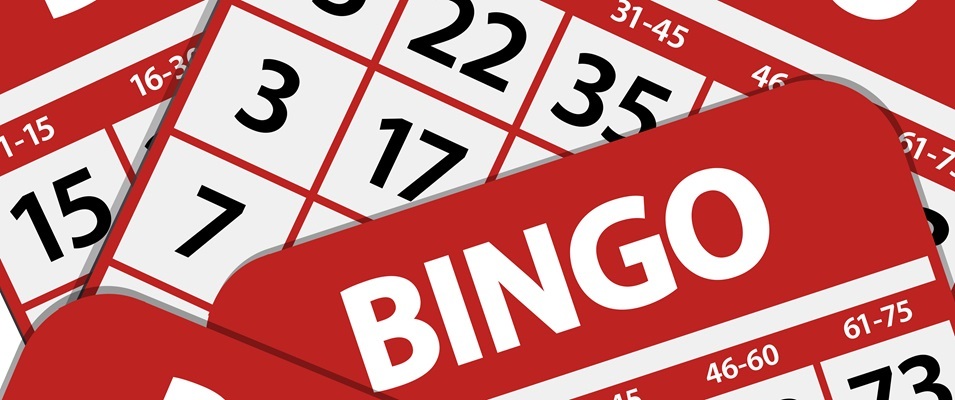
Ted Falk, Member of Parliament for Provencher, was pleased to have the opportunity to table his new private member’s bill in Ottawa earlier this month. Bill C-400 seeks to establish a framework for continued access to and use of cash in Canada.
“In a world where commerce is moving at a rapid pace towards plastic, online, and digital currencies, many Canadians, including many in my riding of Provencher, are concerned about their access to and ability to still use cash as currency,” Falk says. “For millions of Canadians, particularly the most vulnerable folks in our population, physical cash is essential to everyday life.”
This is also true for charities, community organizations, and remote communities, he says, since they rely on cash to achieve their goals.
“In a world where governments, banks, and corporations are increasingly infringing on the privacy rights of Canadians, cash remains the only truly anonymous form of payment,” Falk adds.
Additionally, Bill C-400 would change the existing Currency Act by limiting the Finance Minister’s ability to arbitrarily eliminate certain denominations of banknotes.
According to Falk, the Liberal government changed the Currency Act back in 2018, giving cabinet ministers the power to remove specific denominations of currency from circulation without giving all parliamentarians a voice.
Immediately following that move, the Finance Minister removed the little-used thousand dollar bill and twenty-five dollar bill from circulation.
“I’d like to see that power go back to Parliament,” Falk says.
If adopted, Falk’s bill would also prevent the Bank of Canada from developing a central bank digital currency.
“There are already lots of forms of electronic currency, like electronic funds transfers, credit cards, debit cards, and there’s cryptocurrency,” he says. “People already have lots of options. At the end of the day, people don’t want to leave the power in the hands of the government. They want more anonymity than that.”
Every year at this time, MPs like himself are allowed to enter their names into a lottery for the opportunity to present bills they would personally like to bring to the House of Commons. Only a few of those bills are selected.
In all of his years as an MP, Falk says he has only had this opportunity once before. In 2015, his bill was selected first out of 300 in the lottery. At that time, he sought to amend the Fairness in Charitable Gifts Act.
Ultimately, it didn’t pass. Although in fairness to Falk, it is very rare for a private member’s bill to pass.
“In Canada’s history, there’ve only been 270 private member’s bills that have actually succeeded in getting royal ascent,” he explains.
Bill C-400, too, has a long row to hoe before it’s anywhere near to being adopted. Falk will have two opportunities in the new fall session of Parliament to introduce his bill and entertain debate over it.
After the bill’s second reading, Parliament will vote to determine whether it has enough merit to proceed to the finance committee for review.
But private member’s bills are considered low priority for the finance committee, Falk says. If it does make it this far, it could still take weeks before the finance committee gets to it. At that point, they could choose to drop the bill altogether, amend it, or approve it as is.
If approved, it would proceed to the Senate where it would also undergo a first, second, and third reading.
“Once the Senate approves it, if they don’t amend it, then it gets royal ascent,” Falk says. “It’s a very long process. It’s hard to actually get a private member’s bill over the finish line.”
Even so, Falk looks forward to debating this important issue in the new sitting of Parliament.
“This common-sense legislation will benefit vulnerable Canadians and those who work so hard to support them and further enshrine the essential and fundamental freedoms of Canadians,” Falk concludes.


















